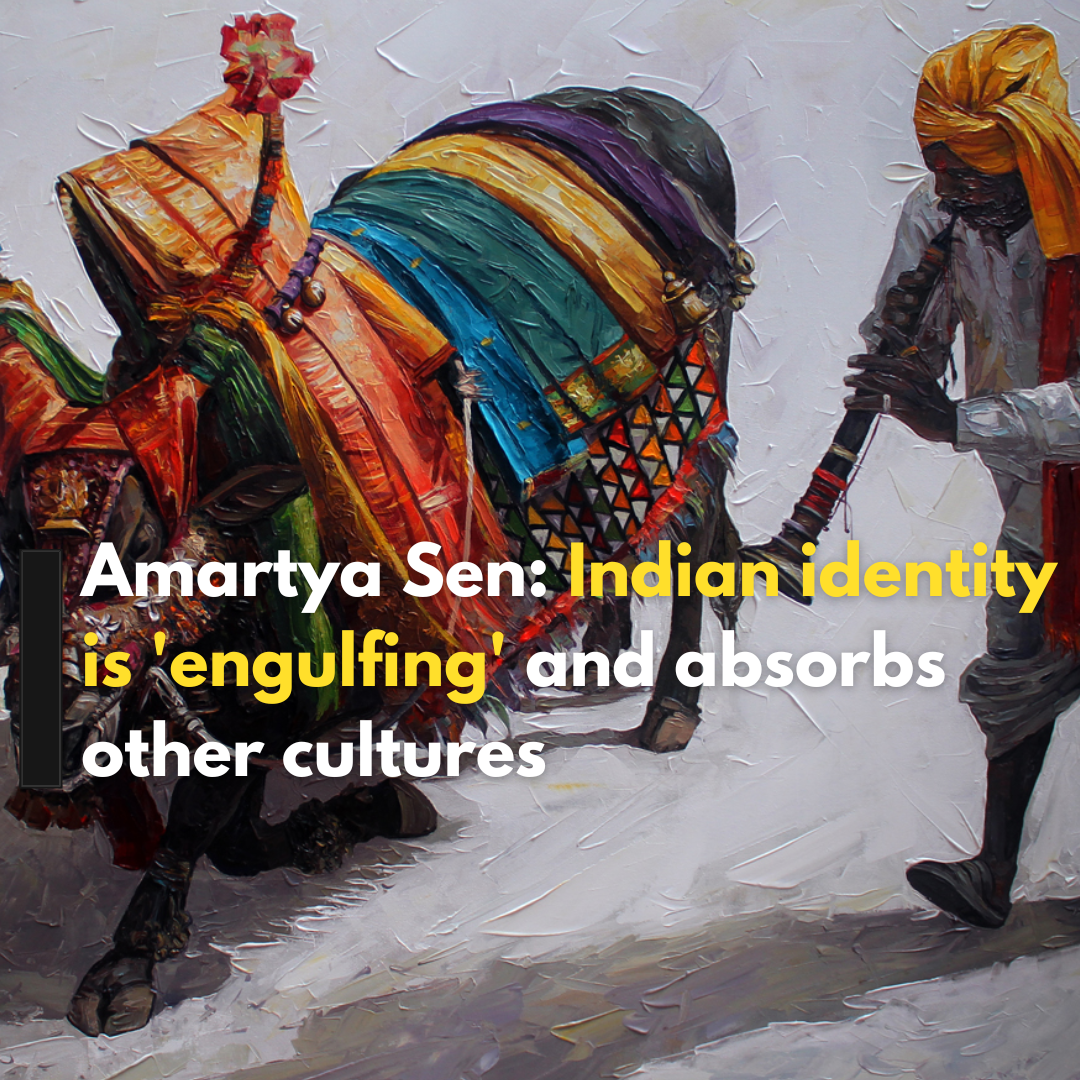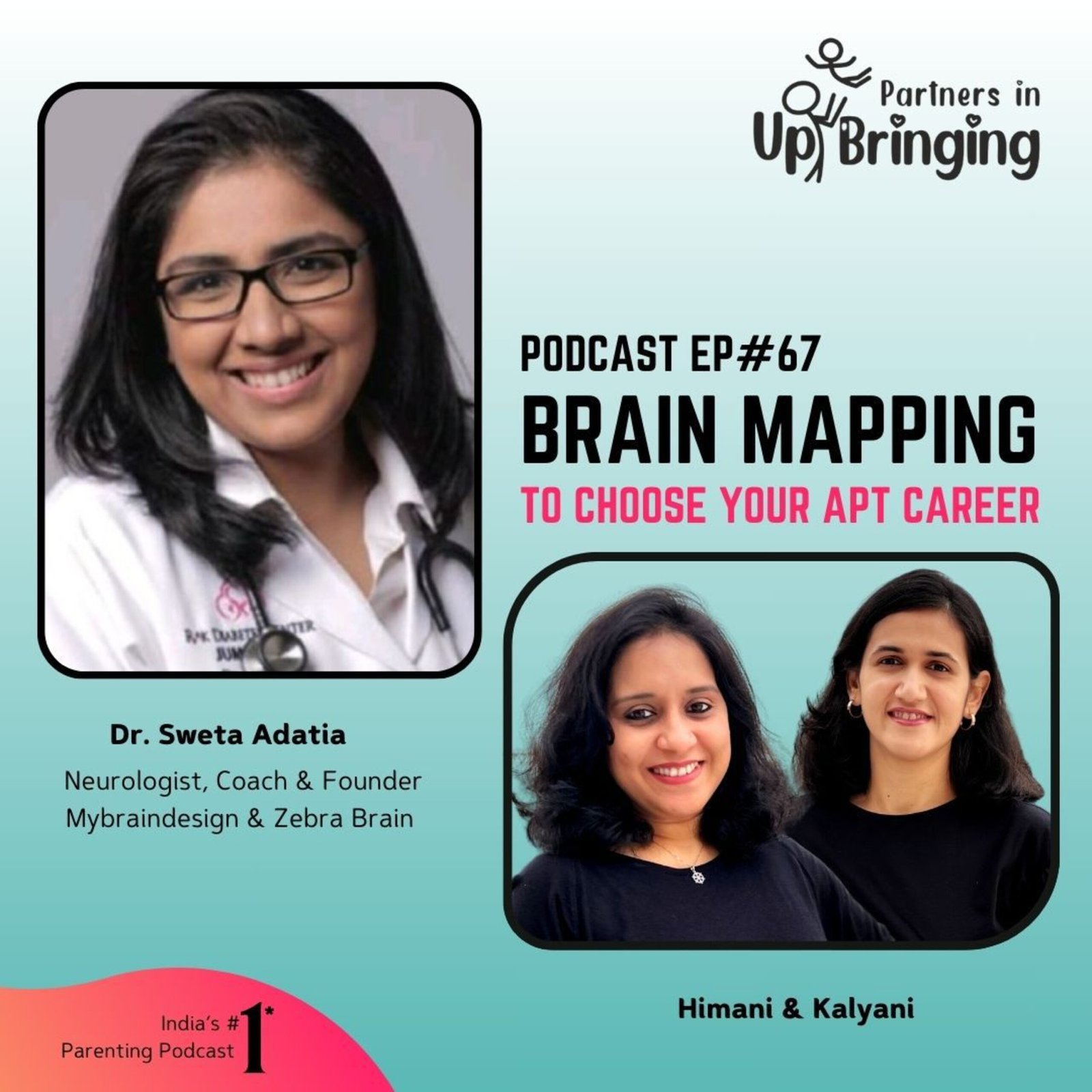Amartya Sen: Indian identity is 'engulfing' and absorbs other cultures: NEW BRUNSWICK, April 12, 1997 - At the Second National Asian Indian American conference, "Explorations in Identity," at Rutgers University, Harvard University Professor and Nobel Prize winner Amartya Sen said that the Indian identity is not just a “surviving identity but an absorbing identity.”
Sen said there is a “kind of hardiness” to the Indian identity, noting it has been formalized in the category of the Non-Resident Indian [NRI]. "I don’t know if there is a similar category of nonresident Turks or nonresident Iranians, but the NRI is a well established category," he observed. Indeed, he said, "It is an engulfing category," as Indian law defines even a foreigner married to an Indian as a person of Indian origin.
Sen, who is honorary president of the International Economic Association and a former president of the American Economic Association, as well as a fellow of the British Academy and the American Academy of Arts and Sciences, said identity need not be seen in unique terms. He noted that even an individual is “an intersection of varieties of identities,” including her origin, her gender, her language, her cultural background, etc. “Identity is not a unique feature, and to assert one identity is not to deny another,” Sen said.
This is particularly true for Indians, Sen continued, because of the diversity and complexity of the country. India boasts not just the largest number of Hindus in the world, but also the largest number of Sikhs, Parsis, and Jains. It is the country of origin of Buddhism, even though that faith is now not widely practiced there. India also has the [second] largest Muslim population in the world. He said, "We shouldn’t think of some of the positive features of our identity as being fragile. I think the assumption of fragility has done a great damage, a lot of harm to our ability to absorb from other cultures."
But India itself has absorbed many external influences, he noted. "Indian drama was transformed by contact with Greek drama," he said. “We can’t look at medieval mystical Hindu literature without looking at the Muslim Sufi influences on it and interaction upon it."
Even Indian cooking has Western influences, he said. "The distinctive feature of Indian cooking is thought to be the food being hot and the liberal use of chilies. But chilies were unknown in India until the Portuguese brought [them] and yet when we think of Indian food being hot we don’t think of it as a Western product, we think of it as the nature of Indian cooking. It doesn’t make it less Indian."
And the process is circular, he said, noting the popularity of Indian food in Britain, where it is the largest ethnic variety of food and tourist brochures even tout curry as authentic British food.
Media house: Asian Society
Link to original article:https://asiasociety.org/education/indian-identity-absorptive
Notes: apart from title change, the article has remained the same
-------------------------------










